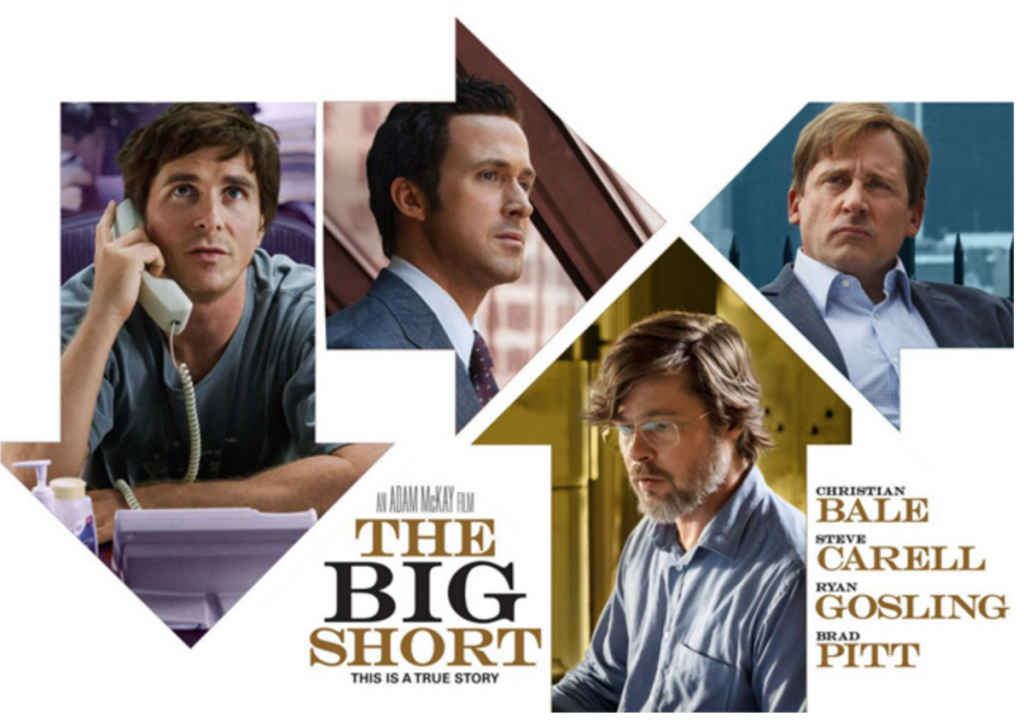 You may, or may not, know what caused the financial crisis of 2007-2008. Perhaps you think it didn’t really effect you, or that you didn’t even know what, exactly, happened that caused such a hoopla. I think I can explain it succinctly enough that it will make sense.
You may, or may not, know what caused the financial crisis of 2007-2008. Perhaps you think it didn’t really effect you, or that you didn’t even know what, exactly, happened that caused such a hoopla. I think I can explain it succinctly enough that it will make sense.
First, Fannie Mae created the mortgage-backed security. In simple terms, it’s an asset-backed security – to put it simpler, a bond – that investors can buy in order to receive a return via interest payments. People who buy mortgages are, literally, packed together with other people who buy mortgages into a bond which can be bought and sold. In the 20th century, these arose for a few reasons. Almost no one on earth thought that mortgages would somehow disappear from the face of the planet. Everybody pays their mortgage, so everyone who bought a MBS expected, and received, a guaranteed return. In other words, we call it a sort of risk-free investment that allowed for constant interest disbursements.
But, what if a risk-free investment suddenly becomes a risky investment when no one’s looking? That, in sum, caused the financial crisis and the collapse of the U.S. housing market in a very, very short period of time. Over time, and due to new legislation allowing lower-income (or no income) people to obtain mortgages for next-to-nothing, the people assembling mortgage-backed securities had a ton of people obtaining houses they couldn’t pay for, let alone pay for the mortgage (they’d default, not surprisingly) – banks gave them money anyway, and we call these “subprime” loans. Thus, trading companies started bundling both good, and bad, mortgages together in CDOs – collateralized debt obligations – that spread the risk between both reliable, and unreliable, mortgages. Unfortunately, nobody really looked at the details of these CDOs, not even the companies in charge of rating them, and most of them were complete junk. Further, some people were betting against faulty loans via synthetic CDOs, which is where the house of cards starts to tumble down. So, if everyone’s involved in a market where the assumption is always “things go up!”, and everyone believes they’ve got a guaranteed return, but the actual bonds are complete, totally worthless crap, how do you think things turned out?
That’s pretty much the story of The Big Short. Only a few people really knew what was about to happen, and they’re the characters of our tale. Michael Burry discovered this in 2005 when analyzing the housing market himself; using his hedge fund’s capital, he creates a credit default swap market to bet upon the failures of the loans. Not surprisingly, everyone from his boss to the managers at Bear Stearns and others think he’s crazy, and taking out 1.3 billion in credit default swaps on the MBS market looks like complete suicide. Others, like Jared Venett from Deutschebank also discover this, and inadvertently tell Mark Baum (who worked as an independent trading firm under Merill-Lynch) and Charlie Geller/Jamie Shipley. It’s fascinating to watch these people independently discover various facets of the problem up above, and eventually realize they are betting on economic collapse! Pretty much everybody buys as many credit default swaps as humanly possible, and they suffer for two years (almost losing everything) before the housing market, as predicated, collapses.
But, I sell the film short. Adam McKay, who you may know as “that guy that directs all the Will Ferrell movies”, does a fantastic job editing this together. Part comedy, part documentary, and part self-aware treatise on the insane nature of the situation, it’s cut in a unique way (I especially like the clipping of phrases), and somehow makes a complicated tale very palatable to a cinema audience. I suppose that’s also in part due to the performances of Christian Bale, Steve Carell, Ryan Gosling, and Brad Pitt, who all take stellar turns with these quirky characters (much of it based on the actual people in question!). I’m actually surprised at how hilarious they made such a dry subject, with equally dry humor to boot in a lot of spots. I guess it takes some adept screenwriting too!
Would I recommend this? I kinda wish I could give an unequivocal recommendation, but I honestly cannot. Two scenes involving strip clubs come to mind, as well as constant, pervasive language throughout. I’m fine with this sort of thing, given that I expect it (and it adds to the humorous moments more often than not), but if you’re not willing to look past these elements you won’t enjoy the experience very much. Regardless, if you’re up for a smart, funny, and interesting story about improper valuation, collective self-delusion and self-interest, as well as an insightful take on the financial crisis that put the world on its current economic course, there’s probably no more entertaining way to do it than via The Big Short.
